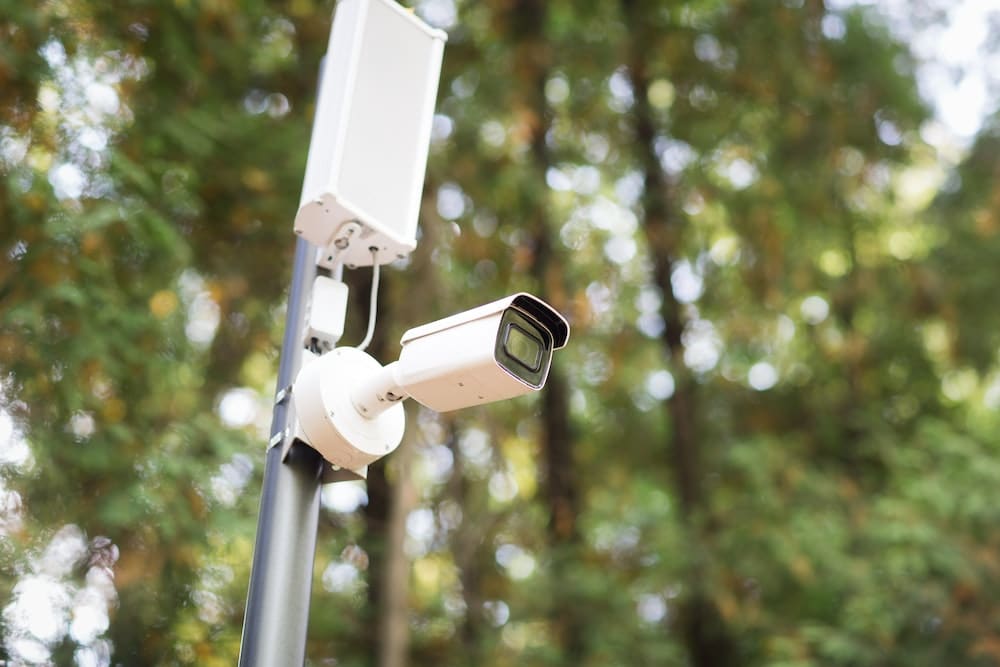How to leverage advanced sensor technologies for real-time monitoring and management of real estate properties?

From reducing energy consumption to monitoring potential threats, the real estate industry is turning to advanced technologies to streamline operations. Leveraging the power of Internet of Things (IoT), data management, and cloud-based devices, real estate managers can drive efficiency, improve maintenance, and enhance the value of their properties. This article explores how you can harness these technologies for real-time monitoring and management of real estate properties.
Utilizing IoT for Real-Time Property Monitoring
One of the most promising technologies in the real estate sector is the Internet of Things (IoT). IoT connects smart devices and sensors in a network, allowing them to communicate and share data in real time. This section delves into how you can employ IoT technologies for real-time property management.
Dans le meme genre : How can real estate projects be optimized for pedestrian friendliness and walkability?
The IoT technology is a game-changer for the property industry. The real-time data collected by IoT devices can help you monitor various aspects of your property, from energy usage to security threats. IoT devices, such as smart thermostats and light controls, can significantly enhance energy efficiency. They can adjust temperature and lighting based on occupancy, time of day, and sunlight, which can result in significant energy savings.
Moreover, IoT sensors can detect potential maintenance issues before they turn into costly repairs. For instance, sensors can identify leaks, electrical issues, or HVAC malfunctions, enabling you to address these problems proactively. Real-time alerts can also fortify your property’s security by notifying you of any unusual activity or potential intrusions.
Avez-vous vu cela : What are the key success factors for international real estate development projects?
Utilizing Data Management for Real-Time Property Management
Data is the cornerstone of effective property management. With the advent of cloud-based systems, real estate managers can now leverage data in real time. This section will delve into the potential of data management for real estate properties.
By harnessing real-time data, you can make informed decisions about your property. Cloud-based data management systems can collect, process, and analyze data from various sources, including IoT devices and sensors. With this actionable insight, you can optimize your property’s performance, enhance tenant satisfaction, and maximize your return on investment.
Data management systems can also help you forecast future trends and make strategic decisions. For instance, analyzing energy consumption patterns can help you identify opportunities for further energy savings. Similarly, tenant behavior data can guide you in improving your property’s amenities and services.
Leveraging Smart Technologies for Energy Efficiency
Energy efficiency is a crucial aspect of property management. It not only lowers operational costs but also increases the property’s value. This section discusses how smart technologies can boost your property’s energy efficiency.
Smart technologies, including energy-efficient appliances and automation systems, can significantly reduce your property’s energy consumption. Technologies such as smart thermostats, lighting controls, and energy-efficient appliances can adjust energy usage based on real-time data, resulting in substantial savings.
Moreover, smart meters can provide detailed energy consumption data. This information can help you identify high-consumption areas and implement measures to reduce energy usage. Additionally, renewable energy technologies, such as solar panels and wind turbines, can also contribute to your property’s energy efficiency.
Harnessing the Potential of Sensor Technologies for Maintenance
Maintenance is a critical aspect of property management. Neglecting maintenance can lead to costly repairs and dissatisfaction among tenants. In this section, we explore how sensor technologies can enhance your property’s maintenance.
Sensors can play a pivotal role in proactive maintenance. Sensors can detect issues such as leaks, electrical problems, and HVAC malfunctions. By receiving real-time alerts about these issues, you can address them before they escalate into costly repairs.
Moreover, predictive maintenance can further enhance your property’s upkeep. By analyzing data from sensors, you can predict potential issues and schedule maintenance accordingly. This approach not only minimizes downtime but also extends the lifespan of your property’s systems and appliances.
Implementing Cloud-Based Systems for Real-Time Property Management
Cloud computing is revolutionizing the way properties are managed. With cloud-based systems, you can monitor and manage your property in real time, from anywhere. This section explores the benefits of implementing cloud-based systems for property management.
Cloud-based property management systems offer numerous advantages. They provide real-time access to property data, enabling you to make informed decisions quickly. They also facilitate collaboration among team members, resulting in increased productivity.
Furthermore, cloud systems can integrate with IoT devices and sensors, enhancing their efficiency. They can also streamline various management tasks, from lease administration to maintenance scheduling, improving your property’s operations and tenant satisfaction. With cloud systems, you can modernize your property management, driving efficiency, reducing costs, and increasing your property’s value.
Adopting IoT-Based Predictive Maintenance for Improved Property Management
The emergence of IoT sensors and advanced data analytics have paved the way for predictive maintenance in the real estate sector. This section elaborates on how the adoption of such futuristic technologies can significantly improve property management.
Predictive maintenance involves the usage of data-driven insights from IoT sensors and machine learning algorithms to predict potential property issues before they escalate into significant problems. These range from structural defects, HVAC malfunctions to plumbing leaks. It empowers property managers to switch from reactive to proactive maintenance processes, ensuring timely intervention and repair, thus saving costs and averting tenant dissatisfaction.
In addition, IoT-based predictive maintenance also enhances energy efficiency. By monitoring real-time data on energy usage, property managers can identify energy wastage hotspots, regulate power usage, or replace energy-sucking appliances with energy-efficient ones. Also, this continuous monitoring and regulation contribute immensely to extending the lifespan of property units and systems.
Moreover, such advanced maintenance technology can be integrated into cloud-based property management systems. This integration allows property managers to receive real-time alerts and conduct real-time monitoring, enabling swift decision making, and efficient management.
Conclusion: The Future of Real Estate lies in Advanced Sensor Technologies
The real estate industry is undergoing a significant transformation as it embraces advanced sensor technologies for real-time monitoring and management of properties. The use of IoT sensors, data analytics, and cloud systems are not just trends but necessities in the modern age, contributing to efficient property management and enhanced tenant satisfaction.
IoT-based real-time monitoring has proven to be a game-changer for the industry, ensuring improved energy management, security, and predictive maintenance. Moreover, the use of data analytics in combination with IoT devices provides actionable insights that enable strategic decision making. This integration of technology and data-driven insights contribute to optimizing property performance, enhancing tenant satisfaction, and maximizing the return on investment.
The combination of smart technologies and sensor technologies also ensures energy efficiency, a vital aspect of property management. By identifying high energy consumption areas and regulating usage, properties can realize significant energy savings, lower operational costs, and increase their market value.
In summary, advanced sensor technologies provide an innovative solution for property managers to deal with the multifaceted challenges of property management. Their benefits extend beyond cost savings and efficiency to include tenant satisfaction, sustainable energy usage, and higher ROI. As the real estate industry continues to evolve, the importance of these technologies will only grow, shaping the future of real estate property management.
